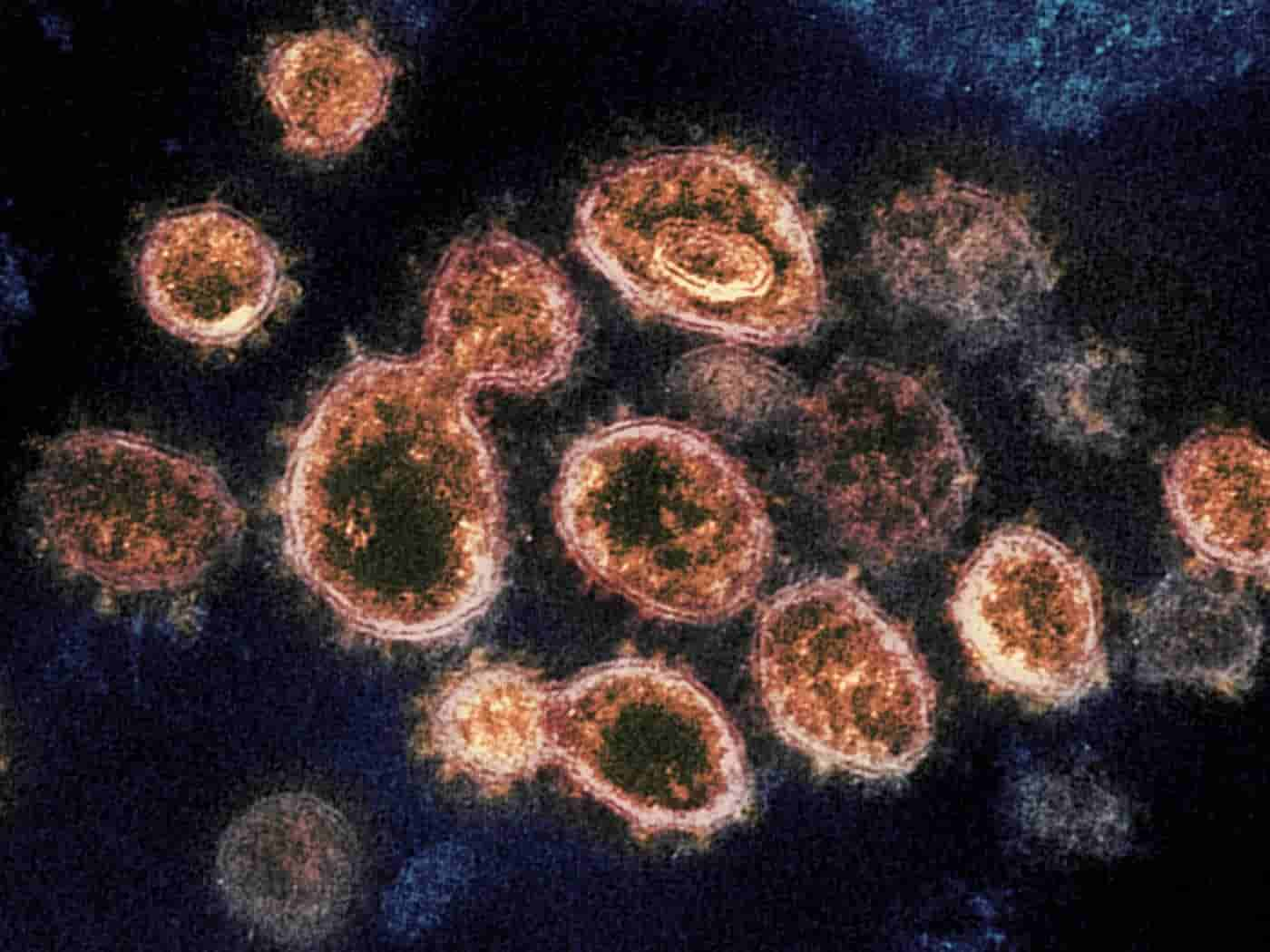The Mu COVID variant, which is believed to be even more transmissible than the Delta variant and has the potential to resist vaccines, has spread to 49 U.S. states. Nebraska is the lone state where the variant has not been detected yet.
Health officials first identified this coronavirus variant in Colombia in January. Since then, the Mu variant has spread to 41 countries.
In the United States, the Mu variant now has made its presence known in Hawaii and Alaska. So far, California has reported the highest number of the latest variant with 384. A total of 167 of those cases were found in Los Angeles County. Authorities found the Mu COVID variant in the samples tested and sequenced from June 19 through Aug. 21.
Alaska has reported 146 Mu variant cases and four percent of the total samples have the variant.
In Florida, 384 of the 60,475 samples sequenced had the Mu variant.
Despite the low percentage of the variant in COVID-19 cases in the United States, it can be more transmissible than the Delta variant or more resistant to vaccines. Health officials are closely watching its mutation.

The World Health Organization on Aug. 30 labeled the Mu variant as a “variant of interest” due to its characteristics. The Centers for Disease Control and Prevention (CDC) did not make such a classification yet. Dr. Anthony Fauci, director of the National Institute of Allergy and Infectious Diseases (NIAID), recently said they were keeping a close eye on the Mu variant.


